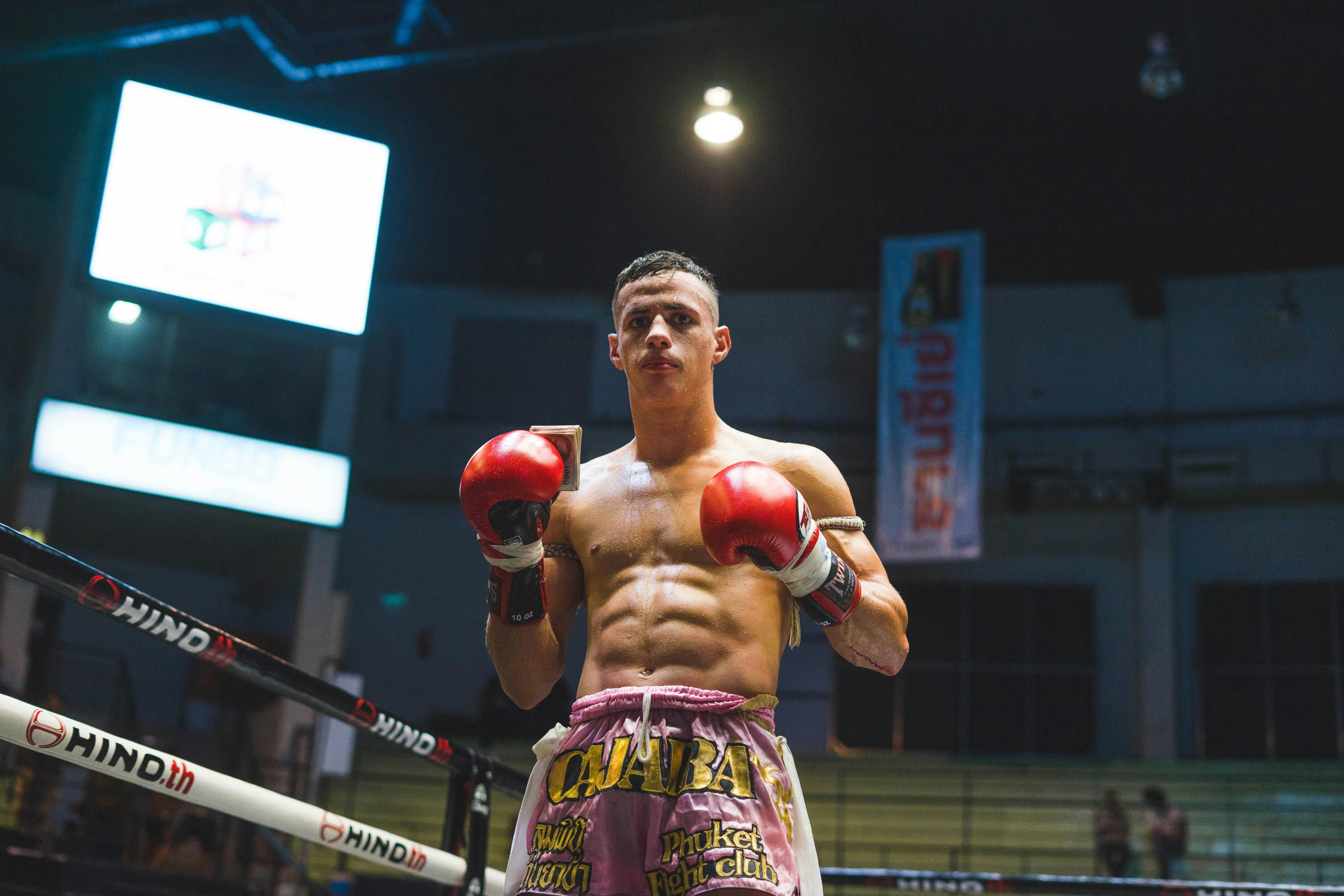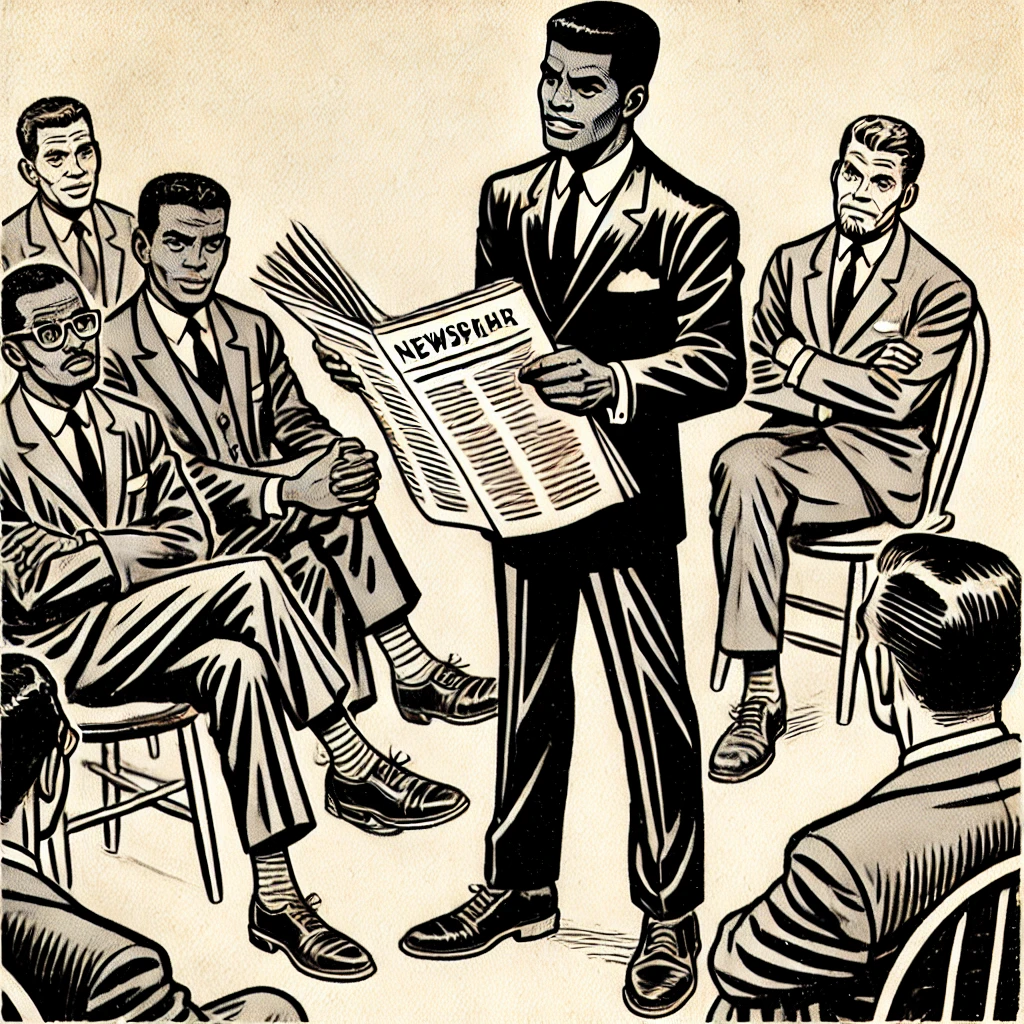George Dixon: The Trailblazer of Black Excellence in Boxing

Early Life of George Dixon George Dixon was born on July 21, 1870, in Halifax, Nova Scotia, Canada. He was the son of a former enslaved African American, which significantly influenced his identity and aspirations. Growing up in a predominantly white society presented unique challenges for Dixon and his family, exposing them to the harsh realities of racial discrimination and economic hardship. Despite these obstacles, Dixon’s family instilled in him the values of resilience and ambition, elements that would serve him well throughout his life. His early exposure to boxing came from the local community, where he often watched and later participated in informal matches among friends. The sport offered an escape from the socio-economic struggles faced by his family, igniting a passion within him. At a young age, Dixon exhibited remarkable physical attributes, including speed and agility, which made boxing an appealing avenue for him to gain recognition and improve his standing within society. However, the journey was fraught with challenges, particularly given the racial dynamics of the time, where opportunities for black athletes were severely limited. Dixon’s entry into professional boxing was a pivotal moment, not just for him but for the sport itself. His determination and skill helped him break through the barriers imposed by a segregated society. He faced initial resistance and blatant racism, yet Dixon’s success in the ring started to change perceptions. Competing in a sport that was often inaccessible to black athletes, he became a pioneer, demonstrating that talent and dedication could transcend societal prejudices. As he continued to hone his craft, Dixon’s foundation as a boxer was being laid in an environment that both challenged and motivated him to excel. The Journey to Championship Success George Dixon’s ascent to boxing stardom began in the late 19th century, an era where opportunities for black athletes were limited due to pervasive racial discrimination. Born in 1870 in Halifax, Nova Scotia, Dixon developed an interest in boxing at an early age. His determination and skill set him apart, offering him a unique trajectory in the sport that would ultimately lead to his historic accomplishment as the first black athlete to secure a world boxing championship. Dixon’s early career was marked by several notable victories that built his reputation within the boxing community. By the age of 22, he had already garnered attention, winning numerous fights against tough opponents. His resilience and technical prowess in the ring began to attract the interest of boxing promoters and fans alike, setting the stage for his pursuit of championship glory. In 1892, Dixon faced a monumental challenge that would change the course of his career: a match against the reigning bantamweight champion, the formidable, heavily favored Jack Skelly. This bout exemplified not only Dixon’s skill and bravery but also his strategic acumen as he relied on his speed and agility to evade Skelly’s powerful punches. The match ended with Dixon winning by a unanimous decision, which not only earned him the bantamweight title but also a place in sports history. Dixon’s victory held enormous significance beyond the boxing ring, as it represented a breakthrough for black athletes amid an environment rife with discrimination. His champion status paved the way for future generations of black boxers, proving that racial barriers could be transcended through excellence and determination. Throughout his career, Dixon demonstrated that talent and perseverance could triumph against societal odds, establishing him as a true trailblazer of black excellence in boxing. Impact on Sports and Racial Barriers George Dixon, often recognized as a pioneering figure in boxing, played a pivotal role in shaping both the sport and the societal perspectives surrounding race in the late 19th and early 20th centuries. His achievements extended far beyond the confines of the boxing ring, as he openly challenged the racial prejudices of his time. As the first African-American recognized world champion, Dixon shattered barriers and provided a representation that had been sorely lacking in athletics. His remarkable success in the sport served to validate the capabilities of black athletes who were often dismissed due to prevailing racial stereotypes. The impact of Dixon’s contributions can be seen in the gradual progression of opportunities for black athletes who followed in his footsteps. By attaining titles and accolades during a time when racial discrimination was rampant, he helped to usher in an era of possibility for other aspiring boxers and athletes from marginalized communities. Through his triumphs, Dixon not only gained respect within the sport but also ignited a movement that encouraged the acceptance and recognition of black sports figures across various disciplines. His influence is evident in the way sports have evolved to become spaces where racial barriers are continually challenged. In contemporary discussions regarding race and representation in athletics, the legacy of George Dixon remains highly relevant. Modern athletes often cite pioneers like Dixon as inspirations who fought against the systemic inequalities that existed within sports. Today, as society grapples with issues of equity and representation, the strides made by early champions like Dixon are acknowledged as crucial groundwork in the ongoing struggle for inclusivity in sports. His story serves as a reminder of the profound ways in which individual excellence can challenge the status quo and inspire change within the sporting community and beyond. Legacy and Commemoration George Dixon’s legacy as a trailblazer in boxing extends far beyond the ring; he serves as a testament to the resilience and potential of Black athletes in a time when systemic racism permeated all aspects of society. Not only was Dixon the first Black world champion in boxing, winning the Bantamweight title in 1890, but he also held the Featherweight title multiple times, paving the way for future generations. His determination and skill shattered racial barriers, establishing a foundation upon which future Black boxers could build their careers. Posthumously, Dixon has received numerous honors that reflect his significant contributions to the sport of boxing and to Black history. He was inducted into the International Boxing Hall of Fame in 1990 and remains a key
